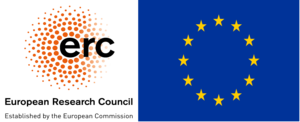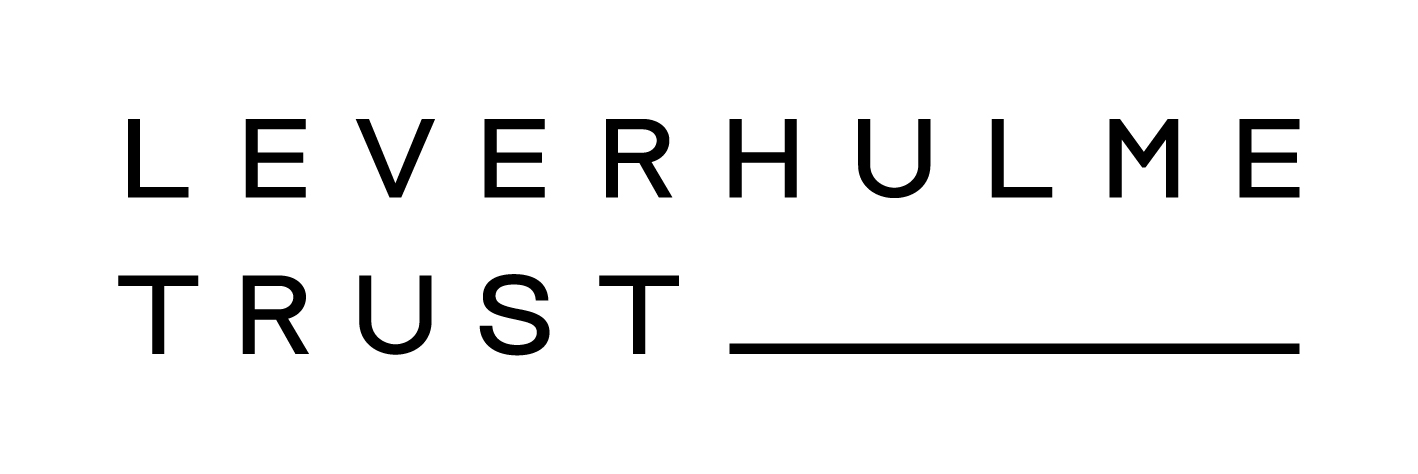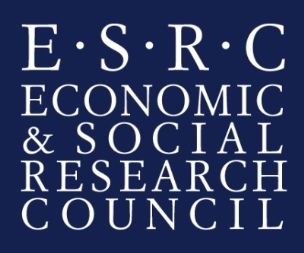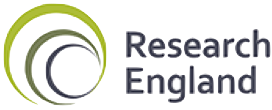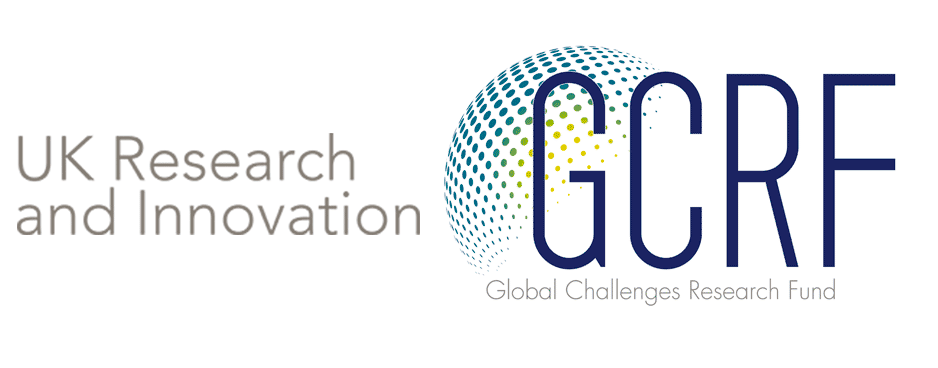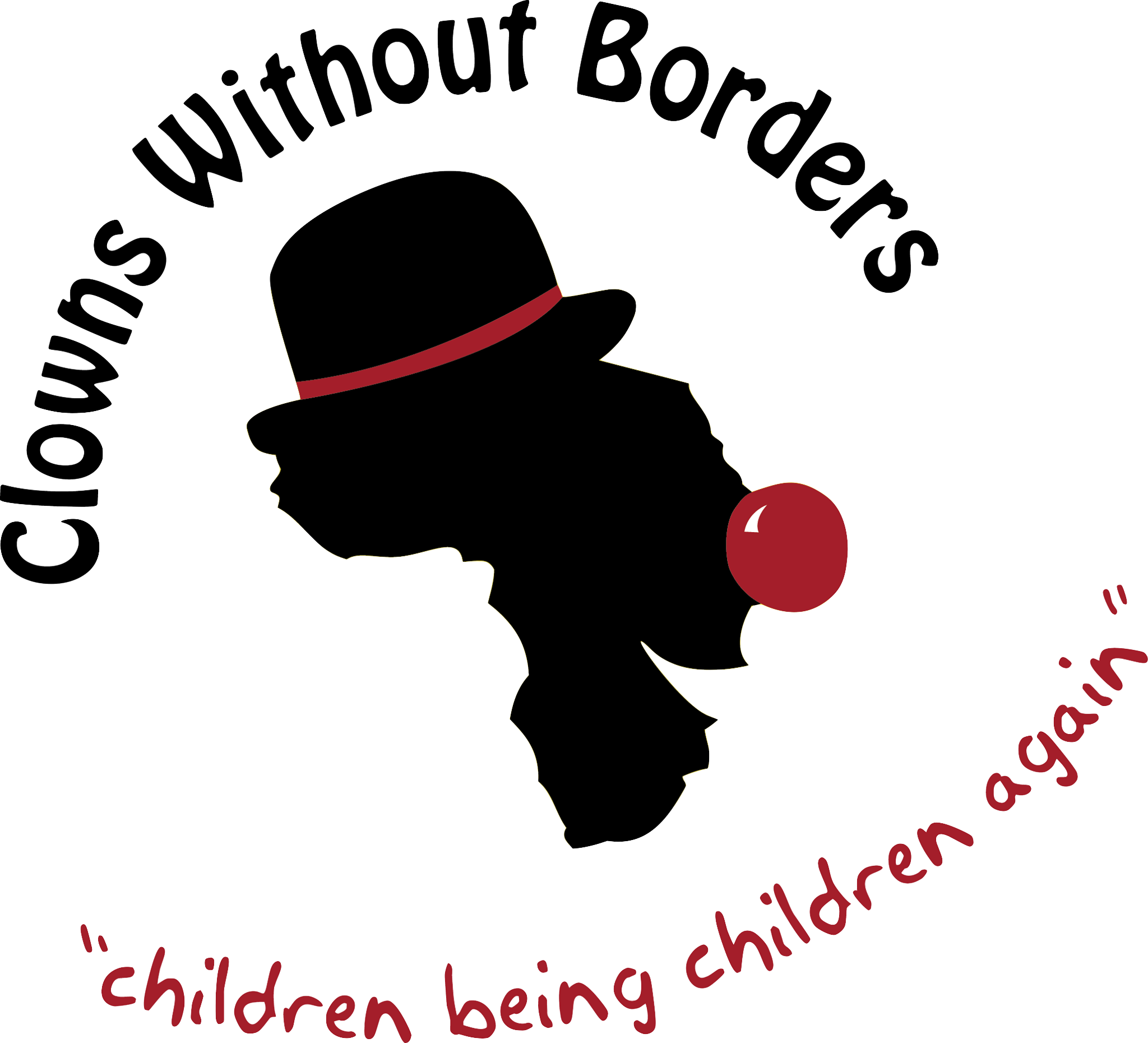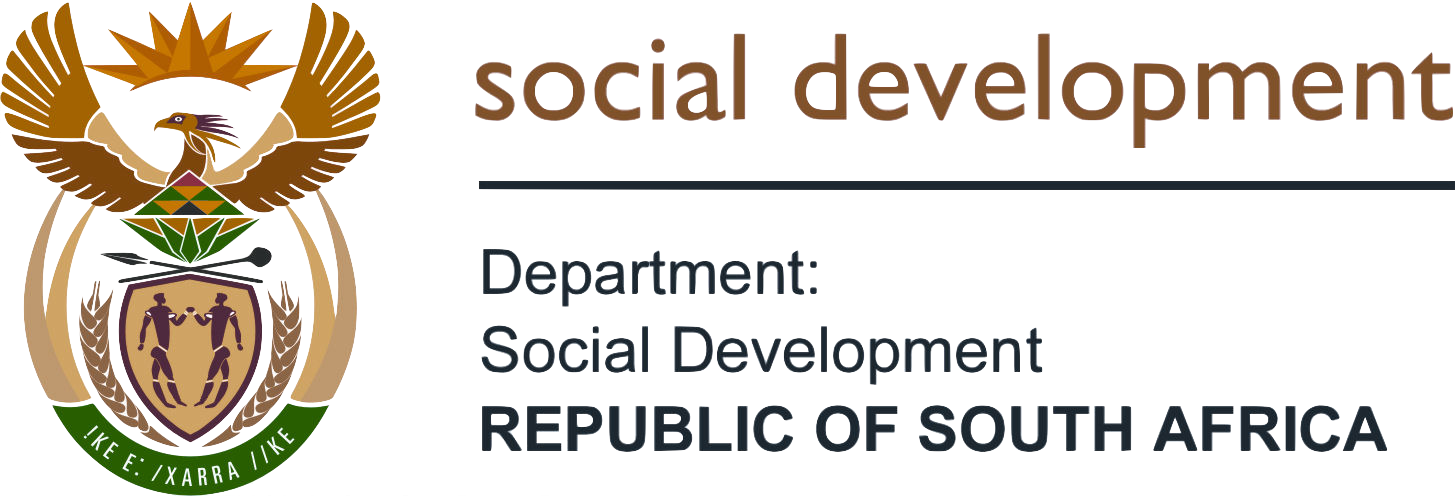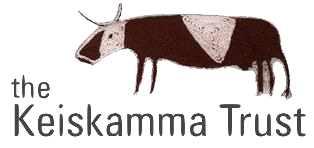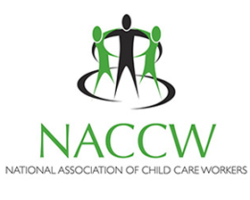“What PLH for Teens changed for me in my home: The thing that change in my home is that my mother did not fight with me. We sit down and talk that what is wrong and what is good and when I do something that is wrong she [my parent] tell me that “No, my child, this is wrong.””
PLH for teens
Parenting for Lifelong Health (PLH) for Teens is an open access, non-commercialised, and evidence-based parenting programme for parents and their teenagers. This programme belongs to the PLH suite of programmes endorsed by the World Health Organization and UNICEF. The programme aims to support families worldwide and promote adolescents’ physical and emotional wellbeing.
The programme was developed and tested in South Africa through a collaboration between the South African Departments of Social Development and Basic Education, UNICEF, the World Health Organization, and the Universities of Cape Town and Oxford.
Background
Many adolescents in Sub-Saharan Africa experience safety issues and decreased wellbeing, exacerbated by family-level stressors such as poverty and HIV/AIDS. Adolescence is a particularly high-risk stage for safety issues, with rates of victimisation increasing not only within the home, but also in community settings. Yet, to date, there are very few evaluated evidence-based prevention interventions for children in Sub-Saharan Africa, and no known parenting interventions designed specifically for the needs of AIDS-affected children in the region.
programme AIMS
The overall goal of PLH for Teens is to provide a low-cost programme to promote children physical and emotional wellbeing and improve child behaviour. It aims to help parents and caregivers develop nurturing relationships with their teenagers while coping with stress from HIV/AIDS, poverty, and violence. The primary objectives are:
1. To reduce child safety issues and increase wellbeing
2. To reduce adolescent externalising behaviour problems
Secondary objectives include to: increase positive parenting practices; increase social support; improve mental health, and; improve family capacity to plan for keeping adolescents safer in the community.
The Sinovuyo Teen Study research site is located in the areas around King William's Town in the Amatole District Municipality of the Eastern Cape in South Africa.
An elderly caregiver completing one our baseline questionnaires using a tablet
METHODOLOGY
Following on from positive results from two pilot pre-post studies (in 2013 and 2014), the team conducted an even larger evaluation of the programme. The evaluation, a cluster Randomised Controlled Trial (cRCT), was conducted with 552 families (1100 participants) across 40 villages. Baseline 1 and Baseline 2 questionnaires was completed in September 2015, and the parenting intervention, which was facilitated by our implementation partners Clowns Without Borders South Africa, was completed in November 2015. A mini-post test data collection was completed in November and December 2015. The team also completed a 6-month post-intervention follow-up in the summer of 2016.
All of the studies involved conducting baseline and follow-up interviews with caregivers and their teens, before and after the Sinovuyo Teen programme in order to test its effectiveness. This was done by local research assistants who were trained to use electronic tablets with validated screening tools to collect qualitative and quantitative data. The resulting data were then anonymised and examined using statistical analysis.
The implementation component of the Sinovuyo Teen programme consisted of 13-15 weekly group sessions, which were attended by caregivers and their teenagers. The programme is based on evidence-based parenting principles, which have shown to be effective, such as: increasing praise and responses to behaviour problems, home practice, illustrated stories using picture codes, traditional stories, role-play, modelling, interactive exercises, stress reduction, and group problem solving.
Questionnaires & Referral Protocol
This study has employed internationally recognized scales and measures. The questionnaires can be accessed below:
Pre-Post Pilot Questionnaires: Teen (Part I & Part II); Caregiver (Part I & Part II)
Post-Test Pilot Questionnaires: Teen (Xhosa & English); Caregiver (Xhosa & English)
Randomised Control Trial Questionnaires: Teen Baseline (Part I & Part II); Caregiver Baseline (Part I & Part II)
Note: Given the sensitive nature of themes under discussion, the baseline survey for the teens and the caregivers are undertaken in two parts. Part I of the questionnaire consists of relatively anodyne questions which helps establish trust and mutual comfort between the respondents and the research assistants. This is followed up with Part II of the questionnaire where we broach more difficult topics related to abuse experience, and sexual reproductive health.
During the course of interviews, often our participants disclose distressing information about themselves or their families to our research assistants. Often, we find ourselves legally and morally obligated to help these participants who may otherwise be in imminent danger. When we help a participant or a family, we call it a 'referral case'. Despite the desire to help our informants, our team often faces resource constraints, logistical difficulties, and needs to be mindful of socio-culturally sensitive issues in the community. Based on our experiences, we have developed guidelines for dealing with referral cases and proving follow-up support.
Guidelines for Referral and Follow-up Support: English
There are two versions of Sinovuyo Teen: the original version as well as an adaptation for families living in contexts with a high prevalence of HIV/AIDS.
Results
The trial results show that the programme is not just widespread but effective. Families taking part in the programme had lower rates of violence against teenagers, better family relationships, better planning by families to protect teenagers from abuse in the community, and less alcohol and drug use by both caregivers and teenagers. Caregivers who had taken part in the programme were less depressed and less stressed by parenting, and had more social support. Families who had taken part in the programme were less likely to run out of money, food and electricity at the end of the month, and had better budgeting and more savings.
For more outcomes see our latest policy brief, Parenting for Lifelong Health: Supporting Families in Low-Resource Settings.
In 2018, Randomised Controlled Trial results were published in BMJ Global Health.
“Parenting a teenager is never simple, and families living in low-resource countries deserve the best research evidence to help them. Parenting for Lifelong Health programmes are now reaching over 200,000 children and families in the places that need them most.”
Scale-up
Countries planning and implementing Sinovuyo Teen scale-up.
Results from the studies of Sinovuyo Teen (also known as PLH for Teens) sparked major interest from international agencies and governments to plan scale-up. The programme has now been implemented in over 15 low- and middle-income countries across Sub-Saharan Africa, South East Asia and the Caribbean, and is reaching hundreds of thousands of vulnerable families.
Manuals, which are available for free via the WHO website, are available in 19 languages, including Afrikaans, Arabic, Chichewa, Creole, Czech, English, French, Hindi, Luganda, Macedonian, Montenegrin, Romanian, Shona, Sotho, Swahili, Swati, Tagalog/Filipino, Thai, and Xhosa.
Main Funders
The original studies of PLH for Teens in South Africa were supported by the European Research Council (ERC) under the European Union’s Seventh Framework Programme (FP7/2007-2013) with ERC grant agreement 313421, UNICEF Innocenti Office of Research, UNICEF South Africa, the John Fell Fund, the Leverhulme Trust (PLP-2014-095), and the University of Oxford’s ESRC Impact Acceleration Account (1311-KEA-004 and 1602-KEA-189), the World Health Organization and the Canadian International Development Agency Capacity Building Technical Assistance Fund.
Additional funding
Ongoing research is supported by the ERC under the European Union’s Horizon 2020 research and innovation programme (Grant Agreement No. 737476 and No.771468), Research England, UKRI GCRF Accelerating Achievement for Africa's Adolescents Hub (Grant Ref: ES/S008101/1), and the National Research Foundation of South Africa (Grant No.: 118571).
Partners
Partners included Clowns Without Borders South Africa, the South African National Department of Social Development, the South African National Association of Child Care Workers and the Keiskamma Trust. The opinions expressed are those of the authors, and not of the funders or partners.
The opinions expressed are those of the authors, and not of the funders or partners.
Principal investigators
Professor Lucie Cluver, Professor of Child and Family Social Work at the University of Oxford & Honorary Lecturer for the Department of Psychiatry & Mental Health at the University of Cape Town.
Professor Catherine Ward, Professor of Psychology in the Department of Psychology at the University of Cape Town.
Page last updated: 11 February 2019




